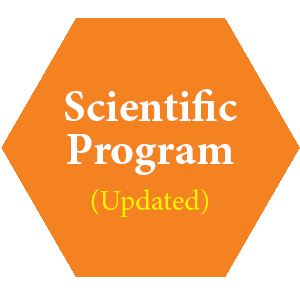
Pam Bellefeuille
Clinical professor
University of California
United States
Biography
Pam Bellefeuille is a clinical professor of nursing at UCSF with extensive experience developing and conducting simulation in an accelerated Masters Entry Program in Nursing that promotes clinical judgement skills using unfolding case studies (based on Patricia Benner’s work) and a theatre approach which enhances group critical thinking. Her 40 years an RN and over 30 years teaching in university nursing programs have contributed to the development of this unique teaching strategy.
Research Interest
Traditional simulation experiences employ a single scenario assigning learners static roles as active participants (in the room) or passive observers (in an observation room). We will present an alternative model utilized in an accelerated pre-licensure Masters Entry Program in Nursing. To promote critical thinking and clinical judgment skills in simulation, we've designed a series of 4-part unfolding case study scenario simulations with both active participants and observers in the same room, as one group, using a theatre approach. The unfolding nature of the scenarios and the engagement of both active participants and observers collectively, encourage critical thinking as a team and promote clinical judgment skills. The unfolding case study simulation scenarios are built with an emphasis on QSEN competencies. In particular, the scenarios prioritize patient centered care, patient safety, evidence based practice, and team work and collaboration. The "patient" presentation is the priority for assessment and intervention, each student is assigned a "nursing role" to assume during the scenario and SBAR is used as the form of communication to develop teamwork and collaboration, "safety" is emphasized by including safety hazards in the scenario that need to be assessed, and the students "pre-lab" to explore the "evidence based practice" they will utilize in their nursing interventions.

